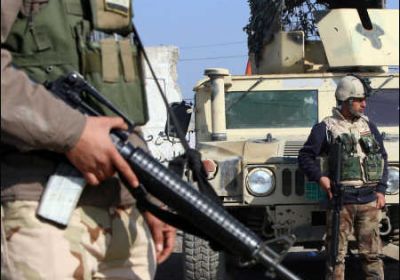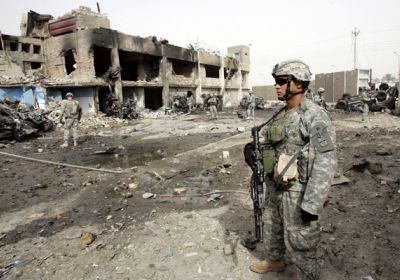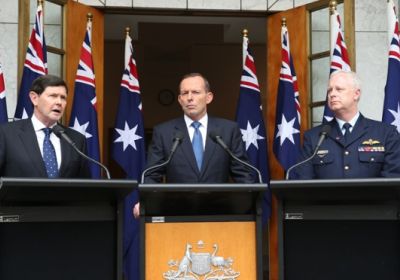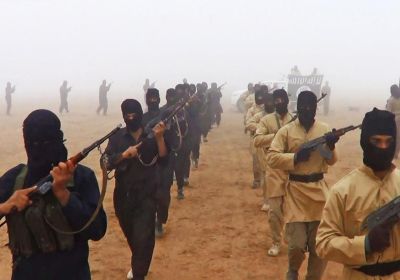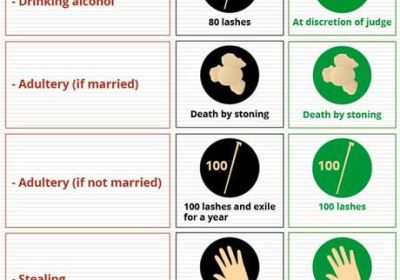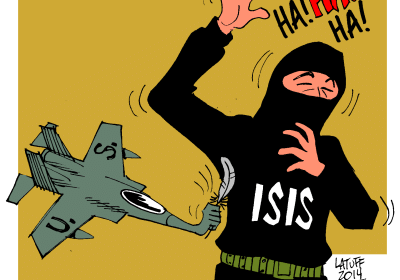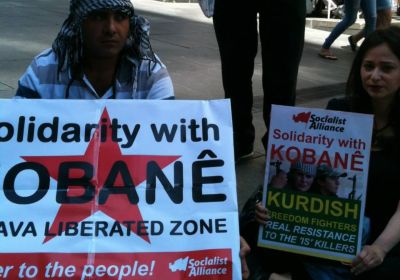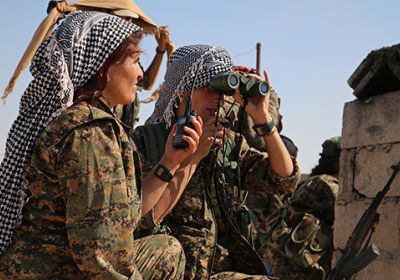
The “Islamic State” (IS) terror group attacks in Tunisia, Kuwait and France have grabbed global attention and condemnation. But the group's attack on Kobane in Rojava (Syrian Kurdistan) — and the fierce resistance — has been largely ignored.

The “Islamic State” (IS) terror group attacks in Tunisia, Kuwait and France have grabbed global attention and condemnation. But the group's attack on Kobane in Rojava (Syrian Kurdistan) — and the fierce resistance — has been largely ignored.
